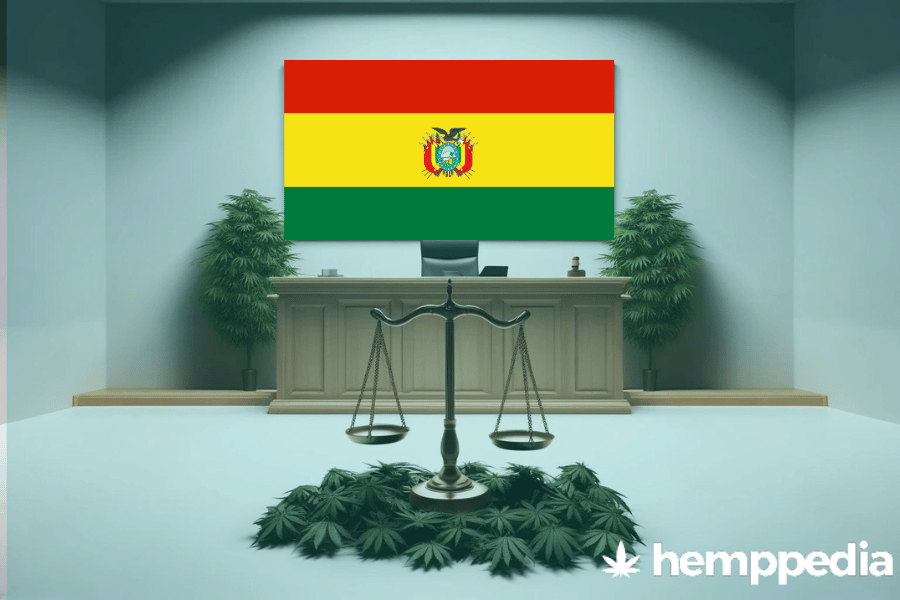TL;DR
In Bolivia, both recreational and medical use of cannabis are still illegal. THC, which is the psychoactive component, and CBD, which is primarily used for medicinal purposes, are both prohibited.
| Cannabis Component | Recreational Use | Medical Use |
|---|---|---|
| THC | Illegal | Illegal |
| CBD | Illegal | Illegal |
Introduction
Understanding cannabis legislation is fundamental as it has significant implications on health, economy, and law enforcement. While some countries have moved towards legalization or decriminalization, others like Bolivia have maintained strict prohibitions. This post offers an in-depth review of Bolivia’s stance on cannabis.
Overview of Cannabis Legislation
The legalization of cannabis refers to the process of removing all legal prohibitions against it. Some states categorize legal use into either recreational, meaning no medical justification is needed, and medical use, where cannabis is used for therapeutic purposes. Unfortunately for advocates, neither applies to Bolivia.
State-Specific Legal Details
Legal Status
The use of both recreational and medical cannabis in Bolivia is illegal. The state has hefty penalties for those found possessing, using, or distributing the substance.
Historical Context
Bolivia has maintained a stringent policy against cannabis. International influence, mainly from the United Nations and United States, has contributed to Bolivia’s strict regulations.
Possession and Use
Bolivian law dictates that the possession and use of cannabis are illegal activities. Consumption of the substance, however, is confined to private households and select associations.
Cultivation and Distribution
Cannabis cultivation in Bolivia is also deemed an illegal act and no legal distribution channels exist within the country.
Enforcement and Penalties
Bolivia maintains strict penalties, including hefty fines and significant prison sentences for those who possess, cultivate, or distribute cannabis.
Social and Economic Impact
Given Bolivia’s strict prohibition, there have been limited opportunities for researchers to conduct studies on the impact of cannabis legalization. However, it’s important to consider the economic and societal implications if attitudes ever change.
Comparative Analysis
Bolivia’s cannabis law contrasts with that of Uruguay and Canada, countries which have chosen the path of legalisation and regulation.
Future Outlook and Ongoing Debates
There is no immediate indication that Bolivian cannabis law will see reforms. However, global trends suggest a slow but steady shift towards more open drug policies.
Conclusion
In summary, the current laws in Bolivia categorically define cannabis, whether THC or CBD, recreational or medical, as illegal. As the world continues to explore ways to navigate the complex issue of cannabis law, it remains to be seen how Bolivia will react to these trends.





